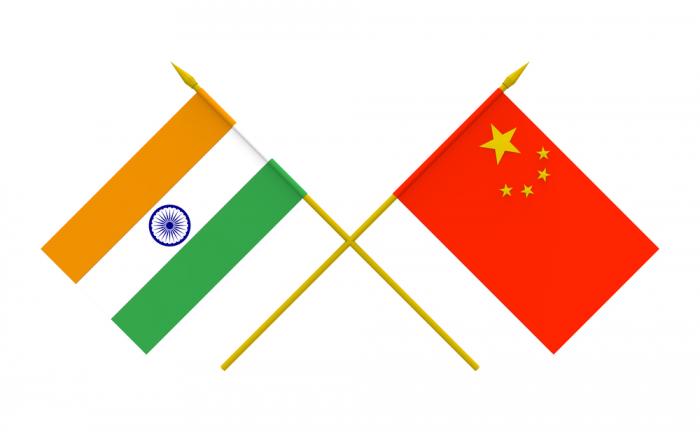By Lin Minwang – At this year’s World Economic Forum in Davos Chinese President Xi Jinping announced that the Belt and Road summit will be held in May in Beijing. The summit, the first of its kind, has since attracted wide attention from the international community.
Chinese Foreign Minister Wang Yi revealed at a press conference of the recently concluded fifth session of the 12th National People’s Congress that more than 20 heads of state and government will attend the summit, together with more than 50 leaders from international organizations, over 100 ministerial officials and more than 1,200 guests from around the world.
The gathering is supported by most of China’s peripheral countries, notably Russia, Indonesia, Kazakhstan and Pakistan. But for India, it may be an embarrassing occasion. Last month, Indian Foreign Secretary Subrahmanyam Jaishankar hosted the first India-China strategic dialogue in Beijing, the first since Indian Prime Minister Narendra Modi assumed office. When asked whether India will attend the international conference, Jaishankar said his government was still studying the issue.
It seems that New Delhi has been contemplating the One Belt and One Road for quite some time. On the one hand, India hopes to deepen economic cooperation with China to promote its “Made in India” campaign, while on the other, it is concerned about China’s expanding influence over South Asia. Considering the Belt and Road initiative from a geopolitical perspective inevitably complicates the issue.
At the first Raisina Dialogue in 2016, Jaishankar talked about India’s view of regional connectivity. According to him, different strategic interests and initiatives on connectivity are emerging across the Asia-Pacific region, which probably referred to Russia-led Eurasian Economic Union, China’s Belt and Road initiative, Japan’s plan in aid for Asian infrastructure projects and the US’ New Silk Road initiative.
More importantly, he claimed that “in the absence of an agreed security architecture and the continuation of significant territorial disputes, the Asian landscape has been more than a little uncertain … More dangers than convenience are perceived from connectivity,” which would lead to unnecessary competition in Asia.
It seems that the mainstream opinion throughout India is that the connectivity brought about by the Belt and Road initiative is geopolitically significant. Therefore, India cannot allow the initiative to expand further into South Asia. This could also explain why the Bangladesh-China-India-Myanmar Economic Corridor has seen no progress since its proposal by Chinese Premier Li Keqiang in 2013, and also why New Delhi has been keen on Japan’s investment in the Iranian port of Chabahar.
India sees the Belt and Road initiative as a geopolitical competition. The official reason the Indian government rejected the offer to join the initiative is that it is designed to pass Kashmir, a disputed area between India and Pakistan. However, it is just an unfounded excuse as Beijing has been maintaining a consistent position on the Kashmir issue, which has never changed.
New Delhi may also feel embarrassed as Moscow has actively responded to the Belt and Road initiative and will build an economic corridor with China and Mongolia. Since the beginning of this year, there have been reports on Russia and Iran seeking to join the China-Pakistan Economic Corridor, which will likely put India in a more awkward position.
Meanwhile, other smaller states in South Asia have shown interest toward the Belt and Road initiative. India is definitely reluctant to see itself being left out of all these economic cooperation projects between China and other South Asian nations. Whether to continue to boycott or join the Belt and Road remains a conundrum for New Delhi.
At present, India is the only one who can help itself. It should give up its biased view on the Belt and Road initiative.
Beijing has expressed, on various occasions, its anticipation to see New Delhi join the grand project and to make concerted effort with India in building economic corridors involving China, India, Sri Lanka, Nepal, Bangladesh, and Myanmar.
Perhaps what India should learn from the development history of China-Asian economic cooperation is that open regional cooperation is key to stimulating the vitality of South Asian regional integrity. It is high time to abandon the cliché mentality of associating everything with geopolitics. India will surely see a different world if it does.
The author is a research fellow with the Institute of International Studies of Fudan University and member of the Academic Committee of Pangoal Institution.
Source:Global Times Published: 2017/3/29


